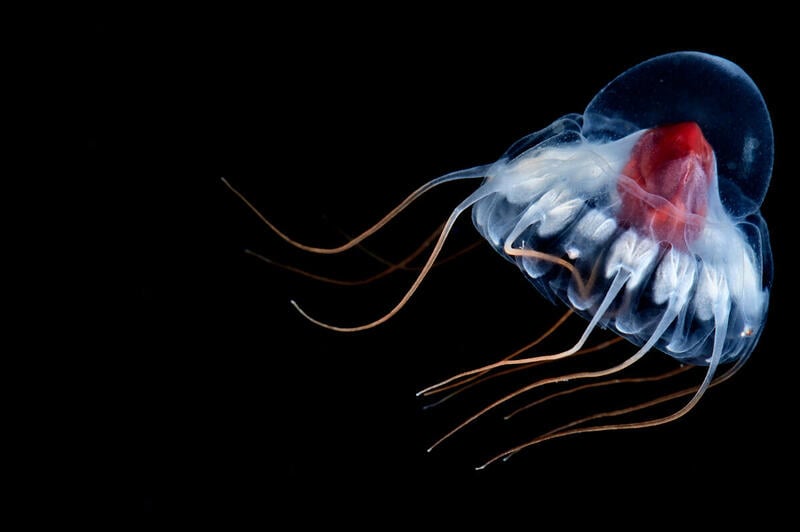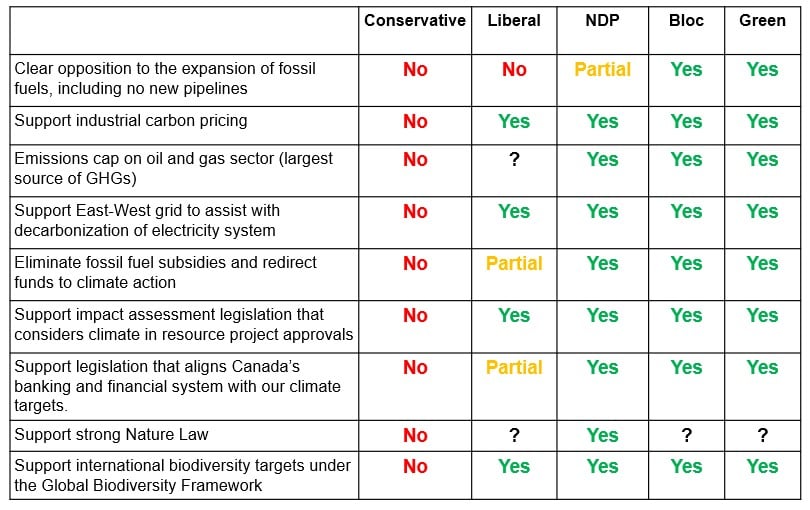Ottawa, Canada & Kingston, Jamaica – Canada announced today support for a moratorium on deep sea mining in international waters as governments at the International Seabed Authority (ISA) gather in Kingston, Jamaica, to discuss whether to allow deep sea mining to proceed as early as this year. Canada joins multiple governments that have voiced opposition to the industry proceeding, some of which have formed a coalition requesting that the ISA negotiate a proposal for a long-term suspension on deep sea mining.
“Greenpeace welcomes Canada’s support for a moratorium on deep sea mining in international waters, a crucial step in upholding Canada’s commitments to protecting marine biodiversity. Over the next three weeks at the ISA, governments must choose to keep one of the last untouched ecosystems out of the clutches of another extractive industry,” said Sarah King, head of Greenpeace Canada’s Oceans and Plastics campaign. “We encourage the government to hold the line and help send a clear signal that the era of ocean destruction is over.”
The announcement on its position in areas beyond national jurisdiction comes from Foreign Affairs Minister Mélanie Joly, Natural Resources Minister Jonathan Wilkinson, and Fisheries and Oceans Minister Joyce Murray following growing calls for action by various environmental groups, Indigenous leaders and scientists. In February, Canada declared an “effective moratorium” in national waters.
In the past few weeks, Switzerland, Sweden and Ireland have called for the brakes to be put on the industry. And a coalition formed by Chile, Costa Rica, France, Palau and Vanuatu have formally asked the ISA to discuss the need for a long-term suspension of deep sea mining at the Assembly meeting, July 24-28. The ISA Council meeting, starting today, will negotiate next steps if a mining application is lodged. These negotiations will inform the meeting of the full ISA Assembly later this month.
A frontrunner leading the push to open the seabed to mining is a Canadian-registered company, The Metals Company (TMC). The president of Nauru, together with TMC’s subsidiary Nauru Ocean Resources, triggered the “two-year rule” that puts pressure on governments at the ISA to greenlight deep sea mining by July 2023 [1]. The failure to reach an agreement on mining regulations in previous ISA meetings has left the door open for any company to present a plan to mine the seabed — even in the absence of regulations. The Metals Company says it will apply for a mining licence this year.
“Governments must put an immediate stop to this risky industry in order to secure long-term protection for the oceans. Reckless companies were hoping that by now a new dawn for this industry would’ve been seen, as the ISA has left the backdoor open for deep sea mining to start operating. But their bet backfired as deep sea miners have seriously underestimated the level of controversy and resistance to their attempt to force through the start of this destructive practice”, said Greenpeace France Oceans campaigner François Chartier, who is attending the meeting.
Greenpeace alongside our allies including Oceans North, Mining Watch Canada, Nature Canada and Northern Confluence Initiative have been calling on the Canadian government to support a moratorium on deep sea mining as part of a wider call to prevent the industry from proceeding.
ENDS
Notes to editors:
[1] This request was made under paragraph 15 of Section 1 of the Annex to the Agreement relating to the implementation of Part XI of the United Nations Convention on the Law of the Sea which establishes that if any member country notifies the ISA that it wants to start deep sea mining, the organisation will have two years to adopt full regulations, after which time, if the regulations have not been completed, the ISA will have to consider a mining application. The ISA’s deadline to adopt full regulations ends this July, and the legal process after the deadline is passed is subject to political and legal debate.
[2] A media backgrounder on deep sea mining is available here. There are now 17 member states opposing deep sea mining, three more since the publication of this backgrounder. Canada’s position has also changed following today’s announcement.
[3] Greenpeace Canada recently organized two activities spotlighting the risks of deep sea mining, and calling on Canada to support a moratorium, in Ottawa and Montreal.
For more information, please contact:
Brandon Wei, Communications officer, Greenpeace Canada
[email protected]; +1 778 772-6138

We need Canada to stop deep sea mining before it starts. Join the campaign now.
Take action


